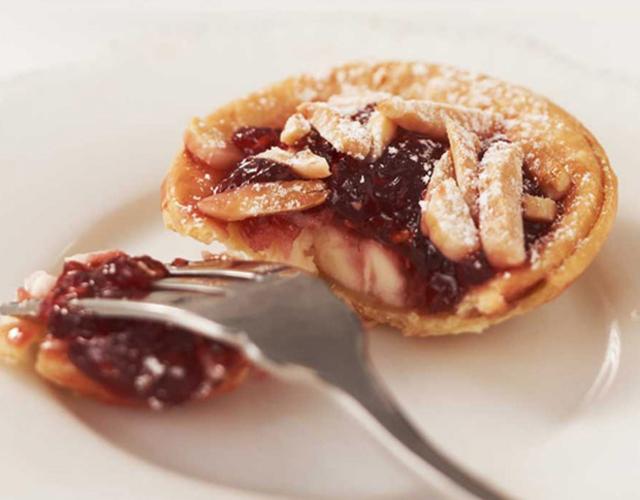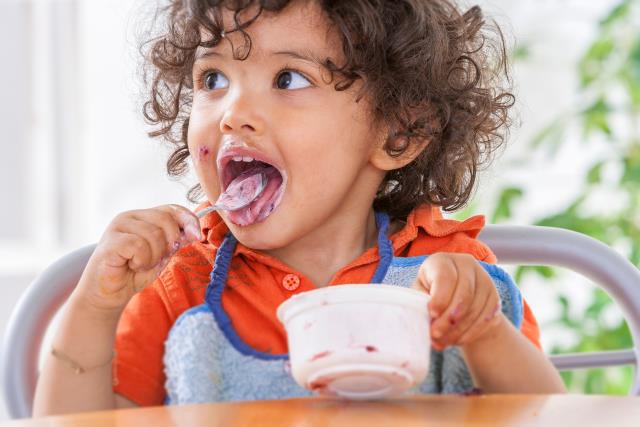We all know the face they pull when your pet wants some of whatever food is on the table. But some of our Christmas favourites are actually poisonous and could land your pet in emergency this Christmas. Maribyrnong and Hobsons Bay residents can learn what’s safe and what to avoid with this list, compiled by PETstock vet Dr Teresa Priddle.
The safe list includes:
* Leftover beef or chicken – deboned and in moderation.
* Fruit and veggies – small amounts of apples, oranges, bananas, blueberries and watermelon are all healthy treats for dogs at Christmas, especially when kept in the fridge and given on a hot day. Just ensure all seeds are removed first and avoid stone fruits. Carrot sticks, sweet potato, green beans, cucumber, pumpkin and zucchini are also wonderful snack options.
The naughty list includes:
* Chocolate – the cacao seeds that give chocolate its delicious qualities also contain a compound called theobromine, which is toxic to cats and dogs and, if consumed, causes serious illness or death. Symptoms of toxicity can take six to 12 hours so if you suspect your pet has been
scavenging, call your vet immediately for further diagnosis and treatment.
* Raisins and grapes – these can be fatally toxic to dogs, even in small quantities, so no Christmas pudding or cake for our four-legged friends.
* Macadamia Nuts – macadamia nuts are readily enjoyed at Christmas but are poisonous to dogs and can cause vomiting, weakness, fever, muscle tremors and depression.
* Onions – ingestion of onions can contribute to stomach upsets and even cause anaemia.
* Under cooked meat -just like humans, your pets can suffer the effects of eating under-cooked meat, which can contain e-coli and other bacterial dangers. Under-cooked chicken can be especially risky.
* Pork, bacon and ham – some pork products contain a high amount of fat, which can lead to illnesses like pancreatitis. Statistics actually show an increase of pancreatitis cases in dogs at Christmas time.
* Alcohol – while it may seem obvious, allowing our pets to consume any alcohol is dangerous. It can cause alcohol toxicity and even seizures.
* Milk and dairy products – it may surprise many to learn that dogs’ bodies weren’t designed to process dairy. Consuming dairy can cause stomach upsets, vomiting and diarrhoea.
* Lollies – loaded with sugar and even worse for our pets than they can be for us, lollies can disrupt your pet’s metabolism and when consumed in high amounts, can even cause diabetes.







